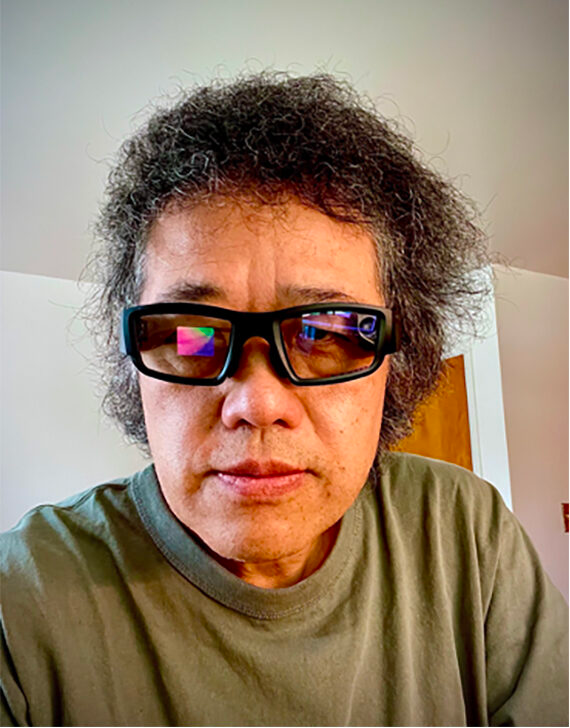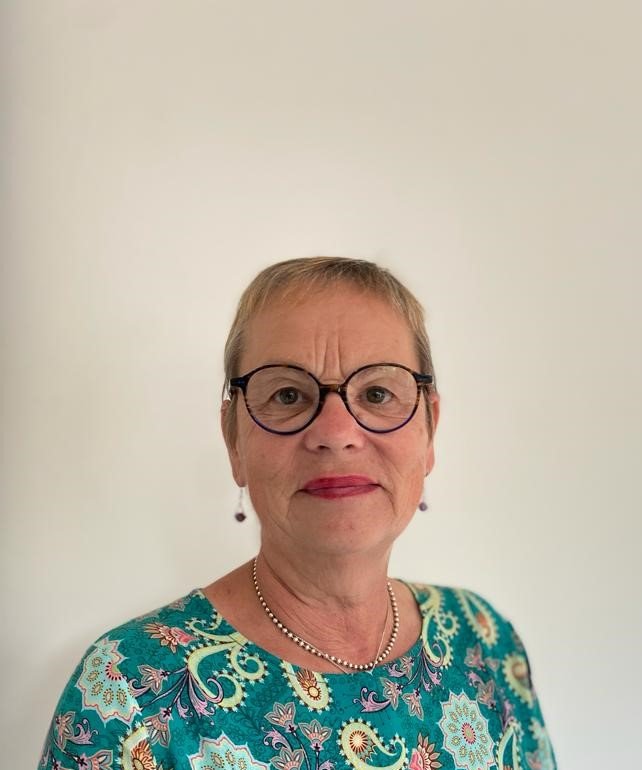UCAmI 2023
15th International Conference on Ubiquitous Computing and Ambient Intelligence
November 28th to November 30th, 2023 - Hotel Grand Palladium Colonial- - Riviera Maya (México)

Keynote title: From Everyday Computing to Computing for Everyone
Abstract: In 1998 I created the Everyday Computing Lab at Georgia Tech following formative years as a ubiquitous computing researcher at Xerox PARC. The founding charter of the Everyday Computing Lab was to understand the transformation of everyday life as computing was ubiquitously integrated into informal, daily activities and routines. In parallel we worked to design human-centered computing experiences that augmented, amplified, and empowered people across many home, health, and work settings. Two decades later we have provoked and witnessed this transformation. Key contributions center on understanding and amplifying how people negotiate their health journeys, create networks of care, and balance autonomy, risk, and independence.
While this positive framing served this research agenda well, we noticed troubling patterns in the accessibility and influence of computing in everyday life. Pervasive, easy to access computing wasn’t always beneficial. Common design techniques did not equitably benefit everyone. Data-centered approaches left blind spots and introduced biases. While the potential of computing appeared to be boundless, the reality was unevenly distributed benefits. Moreover, the rush to modernize, automate, and network almost every facet of everyday life threatened to accelerate new “digital divides”.
In this talk I reflect on the lessons, both positive and negative, learned during our journey to understand the transformation of everyday life amidst the increasing pervasiveness of computing. I then sketch a revised agenda that foregrounds how computing innovation should be shaped by the goal of computing for everyone; arguing that our field is at a crossroads, and we must focus innovation, up and down the stack, on resource-constrained challenges that aim for equitable societal benefits. When we do so, both the inventiveness and impact of our collective work exceed our visions for computing ubiquitously woven into everyday life.

Keynote title: Primitive Learning
Abstract: Natural selection has produced instinctive behaviors through the slow and gradual accumulation of numerous slight, yet advantageous variations. The result is automation, a behavior that is second nature. This is called the Baldwin Effect. This principle can be applied to both humans and machines. In order to enable a machine to learn as efficiently as a human or animal, we need to understand primitive learning processes within humans, animals, and even insects. In this presentation, we explore primitive learning behaviors, including perceptual adaptive learning, peak-shift, lateral learning, learn-by-tapping, and indirect learning from virtual experiences, such as playing or gaming.

Keynote title: Challenges in power management and real-time scheduling for the design of sustainable wireless devices
Abstract: Modern electronics are essential for environmental monitoring, healthcare/biomedical monitoring, communication, etc. They offer a wide range of opportunities to move our society towards a smart world thanks to sensing capabilities. However, continued progress in these small electronic devices still face several critical challenges. Their operations typically require external ambient energy sources since power supply through traditionnal batteries suffers from limited capacity and lifetime. Energy harvesting is a green technology that collects the ambient energy available for free in the application environment. It may authorize standalone sensors to function continuously for decades, with no power-line connections and battery replacements.
However, many technical issues have to be addressed in order to make an energy harvesting system work effectively. Conventional power management methods and scheduling algorithms fail to execute timely the hard deadline tasks. They accommodate no fluctuations in power supply, no uncertainty of energy availability and therefore no intermittent computing. Task scheduling should take into account not only the timing parameters of the deadline constrained tasks such as worst-case execution times but also energy consumptions, profile of the energy source and capacity of the energy storage unit. This keynote addresses the main advances as well as our findings in real-time scheduling and processor activity management for new generation of sustainable wireless devices.